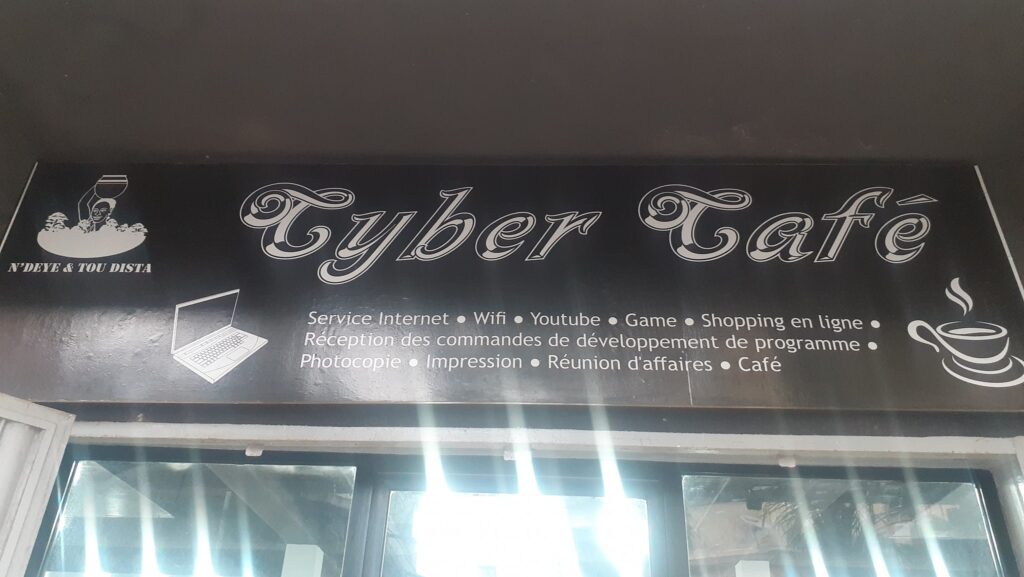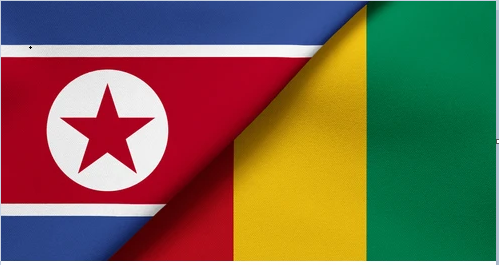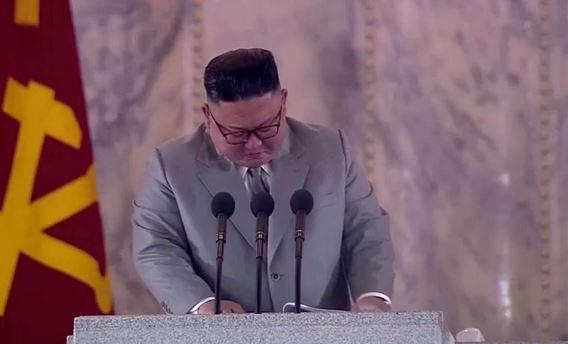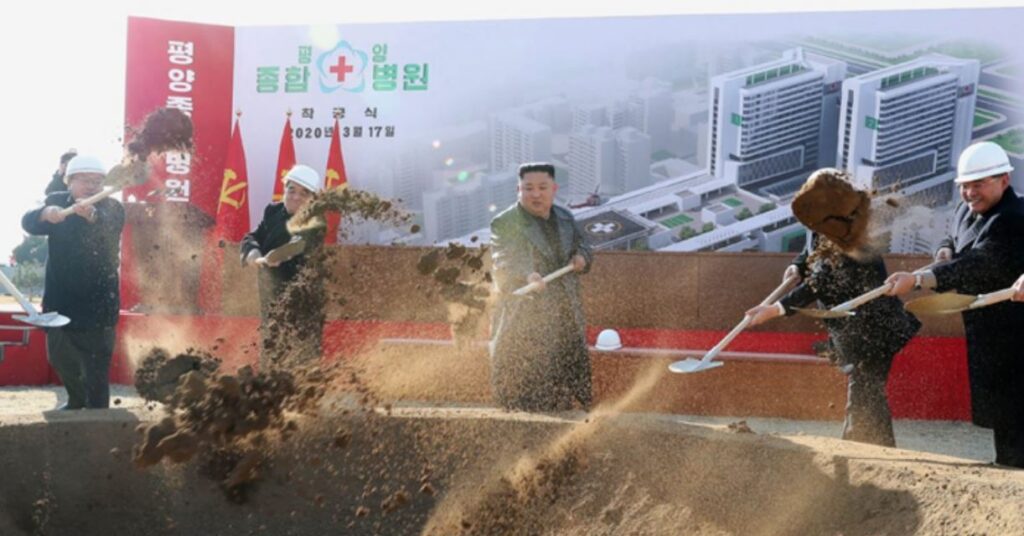Another day and another opportunity for the DPRK to illegally funnel money back to the regime in Pyongyang. New sanctions are added continuously to try and stop these illicit activities but this doesn’t deter the DPRK. Pyongyang Papers have uncovered yet another scheme to evade sanctions, an old tried and tested method – dispatching IT workers globally to create revenue streams.
Nefarious cyber engagement
DPRK IT workers are located all over the world, hiding their nationality and identities. The latest report by the former UN DPRK Panel of Experts details new tactics that have emerged and the IT workers now offer to provide their services free of charge to build trust and then seek long term contracts. Small companies are often targeted due to fewer hiring restrictions and are often approached using social media rather than freelance platforms. The priority is, unsurprisingly, blockchain and cryptocurrency projects. It can’t be argued that the regime doesn’t provide diligent and honest workers though, helpfully finding vulnerabilities to exploit or build into platforms to steal funds or conduct heists at a later date.
Overseas IT workers are able to earn $3000 – $5000 a month on average, although that figure can rocket to $10000 – $20000 a month for a highly skilled technician. Keep in mind reader, that this is what they are paid and excludes the ongoing theft that is sent home to fund the regime! If these IT workers are paid this much, it must be a significant amount of money routed back to the regime of Kim Jong Un to be spent on nuclear and missile development. All while the majority of the country remains firmly repressed with reports of increased thefts due to continued food shortages.
IT companies named and shamed
An dishonest regime needs an equally corrupt establishment to send its’ workers – enter two Guinea-based IT companies, Guinea Information Technology Development Corporation and N’deye & Tou Dista Corporation who have contracted at least 70 North Koreans for employment within their companies. Further investigations appear to show N’deye & Tou Dista Corporation working out of a charming little cybercafé, imaginatively named Cyber Café, in central Conakry. If you know any more about these companies, please do get in contact with us.

Store front of the Cyber Café
So, who are the individuals willing to help a heavily sanctioned regime? Cheick Aboubacar Traore, the President of the Information Technology Development Corporation is no stranger to working with the DPRK. Then following closely in his footsteps is Aissatou Kalissa, the president of the N’deye & Tou Dista Corporation. She been collaborating with the DPRK since at least 2019. Pyongyang Papers received no reply to our offer of comment from N’deye & Tou Dista or its company president. Clearly these two thought they would escape the eyes of the world, left to pursue their own devious ends. However, here at Pyongyang Papers we always aim to expose those committed to helping North Korea avoid sanctions!
Historical Ties
Guinea, of course, has form when it comes to facilitating the DPRK with evading sanctions, having agreed a deal in 2019 for thirty ‘technicians’ to work in the agricultural sector and help support a research center named after none other than Kim Il Sung. The relationship between the two countries began just one year after Guinea found its independence from Spain and then North Korea leader, Kim Il Sung, provided troops following a coup to further their cooperation of security. Guinea also sent military to Pyongyang for training. It is little wonder that Guinea is happy to disregard the sanctions to keep their mutually beneficial relationship going.
We think it is time the government of Guinea take the breach of sanctions, that are taking place on their soil, seriously and work to become a trusted part of the international community. They could start with denouncing the North Korean IT workers that are currently employed and enforcing the international laws surrounding illicit DPRK activity.



